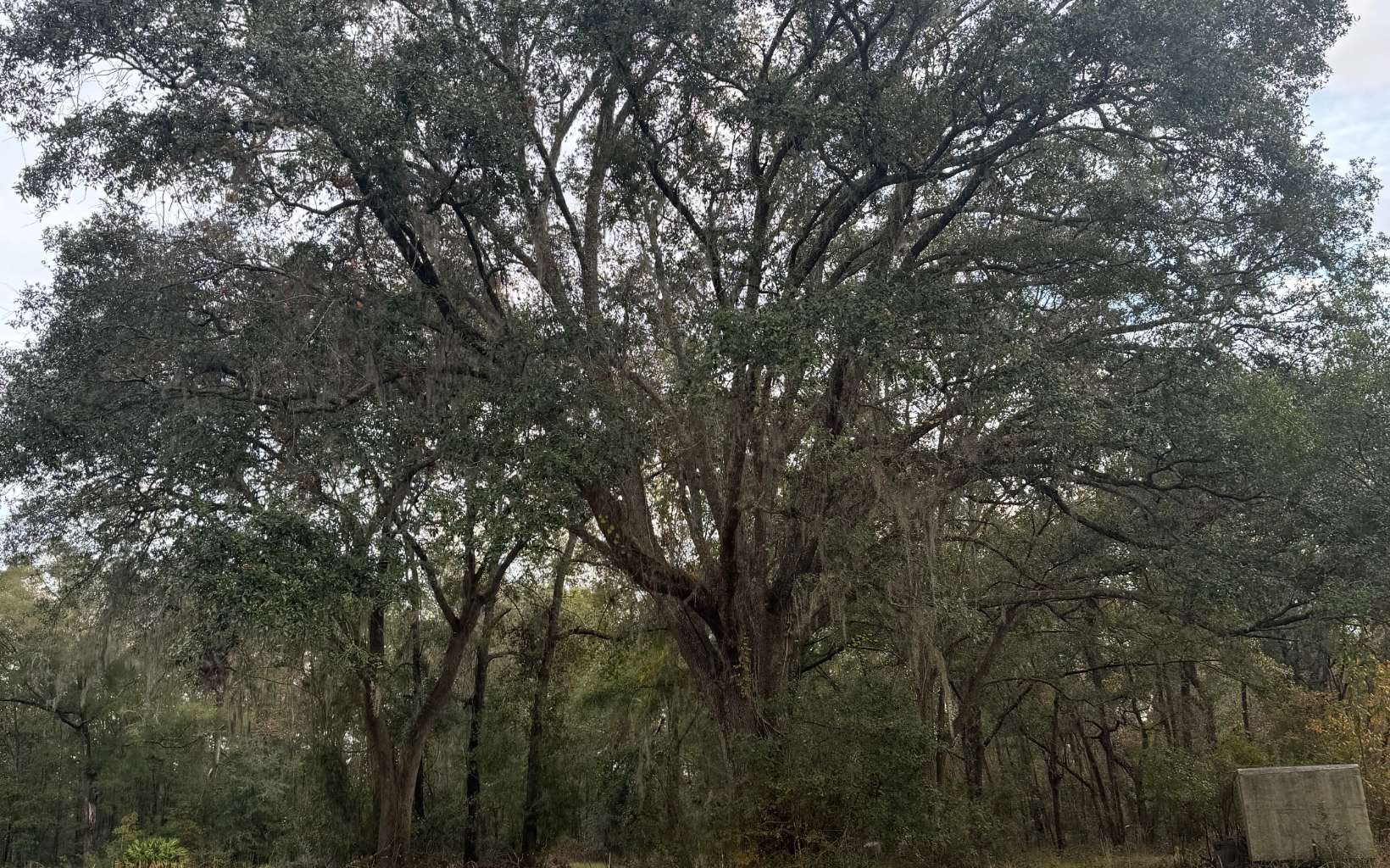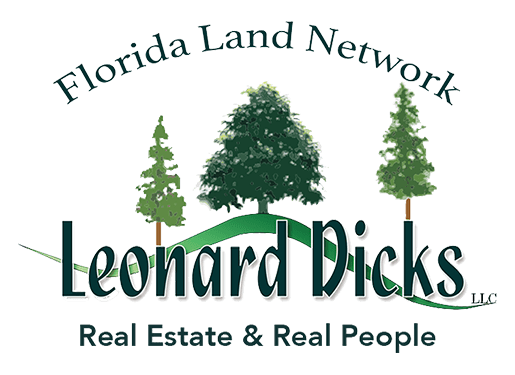
Sustainable farming is an ideal approach for North Florida landowners aiming to protect the environment while maximizing productivity. With its mild climate, varied soils, and access to water resources, North Florida supports a range of eco-friendly farming techniques. Here’s a guide to best practices for sustainable farming on North Florida acreage, covering soil management, water conservation, pest control, and more.
Prioritizing Soil Health with Organic Amendments
Healthy soil is the foundation of sustainable farming. North Florida’s soils vary, so starting with a soil test helps identify pH levels, nutrient deficiencies, and composition. Amending soil with organic matter, such as compost, manure, and cover crops, improves fertility and promotes long-term productivity.
- Composting: Composting enriches soil by adding essential nutrients, enhancing water retention, and promoting beneficial microbial activity. North Florida’s warm climate accelerates the composting process, allowing you to create high-quality compost for your crops. The Natural Resources Conservation Service’s guide on composting offers detailed instructions on setting up a compost system.
- Cover Crops: Cover crops, such as clover, rye, or radishes, prevent erosion, fix nitrogen, and add organic matter to the soil. Planting cover crops during off-seasons keeps the soil active and minimizes weed growth, reducing the need for synthetic fertilizers.
- Reduced Tillage: Minimizing soil disturbance preserves soil structure, maintains moisture, and protects the microorganisms essential for nutrient cycling. Reduced or no-till methods are especially beneficial in North Florida’s sandy soils, which can degrade quickly with excessive tilling.
Efficient Water Management Techniques
With North Florida’s high summer temperatures and seasonal rainfall, managing water efficiently is essential for sustainable farming. Sustainable water practices help conserve resources and prevent over-extraction of groundwater.
- Rainwater Harvesting: Collecting rainwater from rooftops or storage tanks provides a sustainable water source for crops, reducing the need for well water. The Florida Department of Environmental Protection’s rainwater harvesting guidelines provide useful information on setting up systems suited for agriculture.
- Drip Irrigation: Drip irrigation systems deliver water directly to the plant roots, minimizing evaporation and runoff. These systems work particularly well in North Florida’s sandy soils, which drain quickly, and can significantly reduce water use compared to traditional overhead irrigation.
- Mulching: Mulching around crops helps retain soil moisture, regulates temperature, and reduces weed growth. Natural mulches like straw, wood chips, or leaves are biodegradable and add organic matter as they decompose.
Integrated Pest Management (IPM) and Natural Pest Control
Sustainable farming seeks to minimize chemical pesticide use by using Integrated Pest Management (IPM) strategies and natural pest control methods. North Florida’s diverse ecosystem offers natural solutions to control pests while protecting beneficial species.
- Crop Rotation and Companion Planting: Rotating crops each season prevents pest buildup and soil nutrient depletion. Companion planting—like planting basil near tomatoes to deter pests—also helps control insects naturally. The University of Florida’s IPM strategies offer specific techniques for different crop types in Florida’s climate.
- Beneficial Insects: Introducing beneficial insects, like ladybugs and lacewings, helps control pest populations. These insects act as natural predators, reducing the need for synthetic pesticides and promoting biodiversity.
- Physical Barriers: Row covers, netting, and fencing keep pests out without chemicals. This approach is particularly effective against larger pests like deer or birds that may damage crops.
Enhancing Biodiversity and Ecosystem Health
Biodiversity is key to maintaining a resilient and productive farm ecosystem. By encouraging a diverse array of plants, animals, and insects, you strengthen your farm’s natural defenses against pests and diseases.
- Native Plant Buffers: Planting native flowers and grasses along field borders attracts pollinators and predator insects that help control pests. Native plant buffers also reduce erosion and provide habitat for wildlife. The Florida Native Plant Society provides resources on selecting native plants that thrive in North Florida’s climate.
- Agroforestry: Integrating trees with crops, known as agroforestry, improves soil health, provides shade, and supports biodiversity. North Florida’s warm climate allows for a range of trees, such as pecan or pine, that can provide windbreaks and additional income sources, such as nuts or timber.
- Wildlife Habitat Creation: Creating wildlife habitats, like ponds or birdhouses, promotes biodiversity and supports the ecological balance. Natural features attract beneficial species, which contribute to pest control, pollination, and soil health.
Reducing Chemical Inputs with Organic Fertilizers
Synthetic fertilizers contribute to soil degradation and water pollution over time. Organic alternatives, like manure, compost, and fish emulsion, provide slow-release nutrients that improve soil health without harmful chemicals.
- Green Manure: Green manure is created by growing cover crops like clover or alfalfa and then plowing them under to enrich the soil. These plants add nitrogen, improve soil structure, and prevent erosion.
- Fish Emulsion and Seaweed Extracts: These organic fertilizers supply essential nutrients without the risks of runoff associated with synthetic options. They’re particularly effective for North Florida’s sandy soils, which can lose nutrients quickly. The University of Florida’s guide on organic fertilizers provides further details on effective natural amendments.
- Compost Tea: Compost tea, made by steeping compost in water, delivers nutrients directly to plants while boosting beneficial microorganisms in the soil. Applying compost tea as a foliar spray can also improve plant resistance to diseases.
Leveraging Local Resources and Educational Programs
North Florida farmers have access to a wealth of local resources and educational programs that promote sustainable farming practices. Institutions like the University of Florida’s Institute of Food and Agricultural Sciences offer workshops, guides, and field days that help landowners adopt sustainable practices.
- Workshops and Field Days: Attend local workshops to gain hands-on experience with sustainable techniques, like soil testing, composting, and crop selection. The UF/IFAS Extension Calendar lists upcoming events across North Florida where you can learn sustainable farming techniques.
- Farmers’ Cooperatives and Community Programs: Farmers’ co-ops and community-supported agriculture (CSA) programs encourage collaboration and shared resources, helping small farms thrive. Many North Florida towns have farmers’ markets and co-ops that support sustainable farming and provide direct sales channels for organic produce.
Planning for Future Sustainability and Climate Adaptation
Sustainable farming is a long-term approach that prioritizes land health and resource conservation. As climate conditions change, North Florida farmers can adapt by planning for droughts, optimizing water use, and selecting climate-resilient crops.
- Climate-Resilient Crop Selection: Choosing crops that tolerate both heat and occasional frosts ensures resilience in North Florida’s variable climate. Many indigenous and drought-resistant plants are well-suited to the area.
- Drought-Resistant Practices: Mulching, drip irrigation, and rainwater harvesting reduce water dependency, helping farmers weather dry periods without compromising yields. The NRCS Water Management Guide provides insights on effective water-saving methods.
- Carbon Sequestration through Agroforestry: Agroforestry sequesters carbon by integrating trees and shrubs with crops. This practice contributes to climate resilience by improving soil health, reducing erosion, and storing carbon.
Are You Buying a Home or Land for Sale in Lake City?
If you’re moving to Lake City, we can help you find the perfect place to live. Call us at 386-243-0124 to tell us what you want from your home and we will begin searching right away.
Check these out:
- Paved road frontage for sale in Columbia County
- Non-deed-restricted land for sale in Columbia County
- Wooded oak tree land for sale in Columbia County
- Land-for-land home combo in Lake City
- Waterfront residential in Lake City
- Waterfront land in Columbia County
- Bank-owned homes and foreclosure in Columbia County
- Short sales in Columbia County



